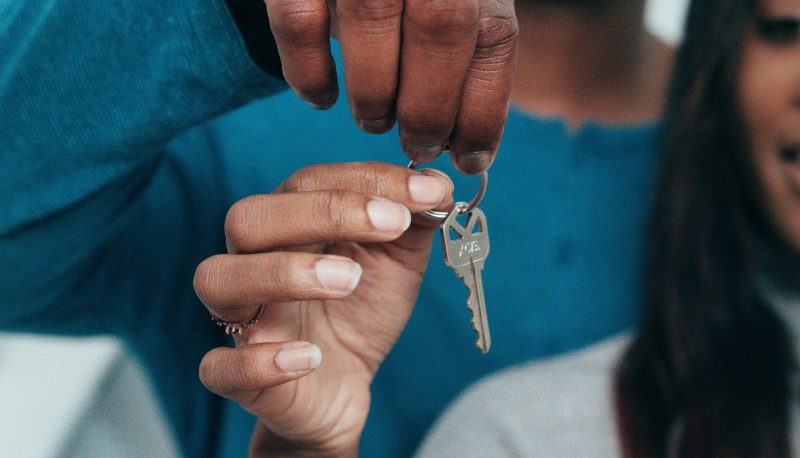Have you been declined for a mortgage and aren’t sure why? Are you about to apply for a mortgage and want to make sure your application is approved? Then this blog is for you!
Poor Credit History
One of the biggest reasons your mortgage application might get declined is because of a poor credit history. Things that negatively affect your credit history are:
- Breaking credit agreements through missed or late payments
- Excessive use of credit cards
- A declaration of bankruptcy
- A county court judgement
- Applying for lots of credit over a short period of time
All of these things can make you appear to lenders like you can’t effectively manage your money, rely on borrowing, and may miss mortgage repayments if they were to approve your application.
Information stays on your credit report for 6 years. Your credit score is a number that takes into account your credit history, which lenders use to assess whether to lend to you. A higher number means you’re seen as more reliable to lend to. You can check your credit score through:
However, you should be aware that all of these services offer free trials before they begin to charge you every month. Either don’t sign up for the trial, or make a note to cancel your subscription before the 30 days is up if you want to avoid being billed each month.
You can find more about the world of credit by clicking here.
Unregistered on the Electoral Roll
Your mortgage application could be declined if you aren’t registered to vote at your current address. This is because lenders need to confirm your name and address for mortgage applications.
This issue is easily solved- you can register on the electoral roll here.
Too Much Debt
Debts you may have include things like credit cards, car finance, mobile phone contracts and personal loans. There is a difference between ‘good debt’ and ‘bad debt’ when applying for a mortgage. For example, a student loan would be ‘good debt’ as it is low risk and repayments are dependent on your level of income, whereas a payday loan would be ‘bad debt’ as it is more risky and more expensive to repay.
Having debt doesn’t stop you from getting a mortgage, it just depends how much debt you have and how manageable it is. If you can clearly show that you can repay your existing debt arrangements and have more than enough spare income to make mortgage payments, it should not present an issue.
Click here to read our top tips for avoiding debt.
Not Earning Enough
There is no set salary or wage required to take out a mortgage. The amount of income required will vary from lender to lender.
However, if you are on a low income, or are a self-employed or contract worker without a steady income, it may be more difficult to get approved for a mortgage, as you could be seen as less able to afford repayments.
If you do have a lower income, you should ensure that you can prove you’re responsible with money and will be able to make mortgage repayments, such as by minimising any outgoings and reducing debts.
A bigger deposit means the lender won’t have to lend you as much money, so try to put as much towards the home’s deposit as you can reasonably afford.
A joint mortgage also minimises the issue of you having a low income. This is because the lender will look at the combined income of the mortgage applicants.
There are government home buying schemes available if you require extra help. You can look at the different types of scheme available and whether you are eligible for any on the government website.
